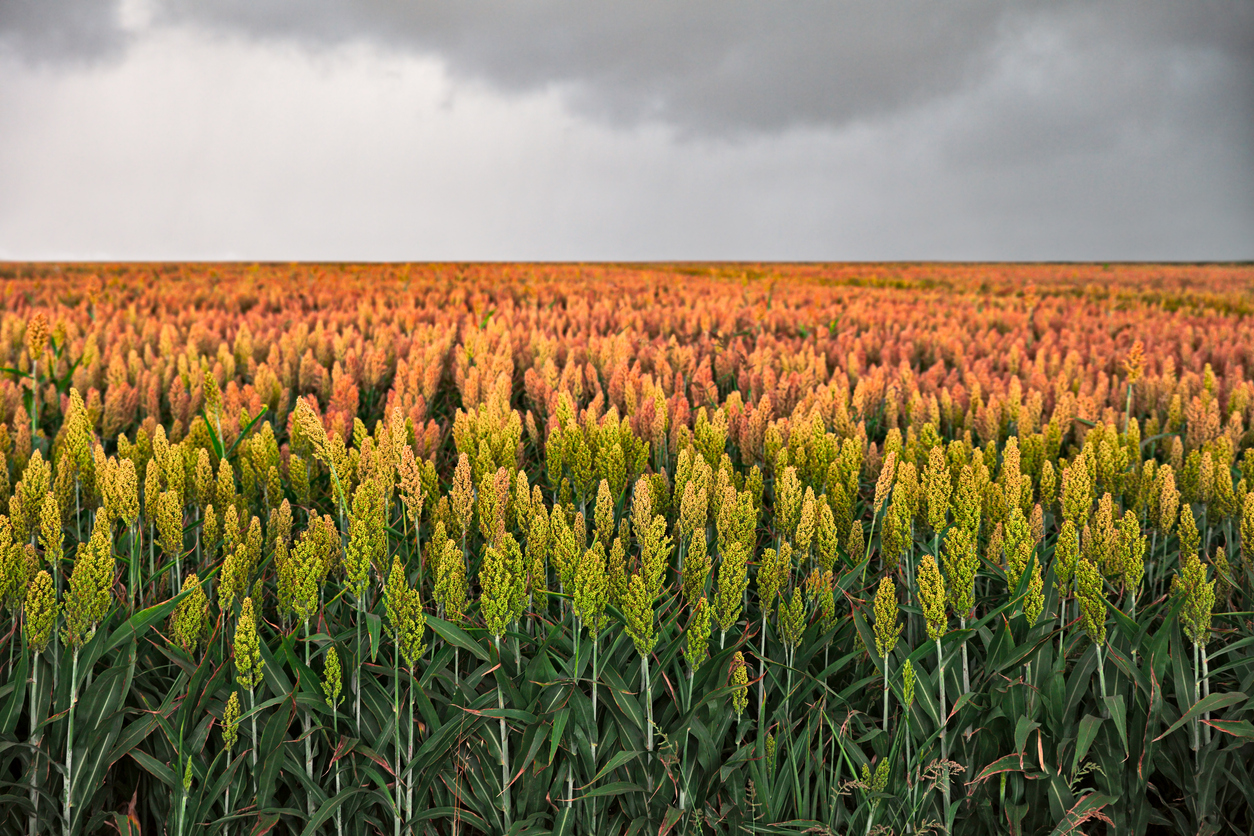
Scientists in Africa Use Gene Editing to Protect Crops from Local Threats
January 31, 2024| |
In a race against a devastating parasite, African researchers are pioneering using CRISPR to improve local crops. Led by scientists like Steven Runo of Kenya, these efforts tackle challenges like witchweed infestations in sorghum and lethal diseases in maize, with promising results.
Sorghum, a staple food and versatile crop, suffers greatly from Striga, a parasitic weed siphoning off nutrients and crippling yields. Runo's team, though not the first to field-test gene-edited crops in Africa, is working on sorghum resistant to this threat. Their CRISPR-edited variety mimics natural mutations in resilient wild strains, offering hope for future field trials.
The innovation doesn't stop there. Kevin Pixley's team works on various fronts, from tackling maize diseases to making pearl millet flour last longer and boosting groundnut resistance to a cancer-causing fungus. Even livestock benefits, with projects like Dan Carlson's heat- and disease-tolerant cattle edits.
Despite the breakthroughs, hurdles exist. Bringing these crops to farmers requires affordable lab supplies and funding. Intellectual property rights and potential resistance from some foreign markets raise additional concerns. Unlike foreign-developed crops, these edits come from trusted local researchers. “This is not a multinational company. The people using the technology are people you have grown up with,” Runo said. “The narrative is very different,” he stressed.
Read the original article in Nature.
| |
You might also like:
- Striga Smart Sorghum for Africa Project Launched in Kenya and Ethiopia
- Field Trial for GM Sorghum in Australia Now Approved
- Gene-editing Increases Sorghum's Protein Content
Biotech Updates is a weekly newsletter of ISAAA, a not-for-profit organization. It is distributed for free to over 22,000 subscribers worldwide to inform them about the key developments in biosciences, especially in biotechnology. Your support will help us in our mission to feed the world with knowledge. You can help by donating as little as $10.
-
See more articles:
-
Gene Editing Supplement (January 31, 2024)
-
Research and Tools
- Gene Editing Reduces Branch Angle and Altered Petiole Angles in Cotton
- Albino Rice Reveals Key Gene for Chlorophyll Production and Chloroplast Development in Rice
- Israeli Researchers Develop Gene-edited Tomatoes that Consume Less Water
- Nine Gene-edited Berries from Pairwise Receive USDA Confirmations
- Gene Editing of Grapes Enhances Aromatic Attributes
- Scientists in Africa Use Gene Editing to Protect Crops from Local Threats
-
Read the latest: - Biotech Updates (January 28, 2026)
- Gene Editing Supplement (January 28, 2026)
- Gene Drive Supplement (February 22, 2023)
-
Subscribe to BU: - Share
- Tweet

